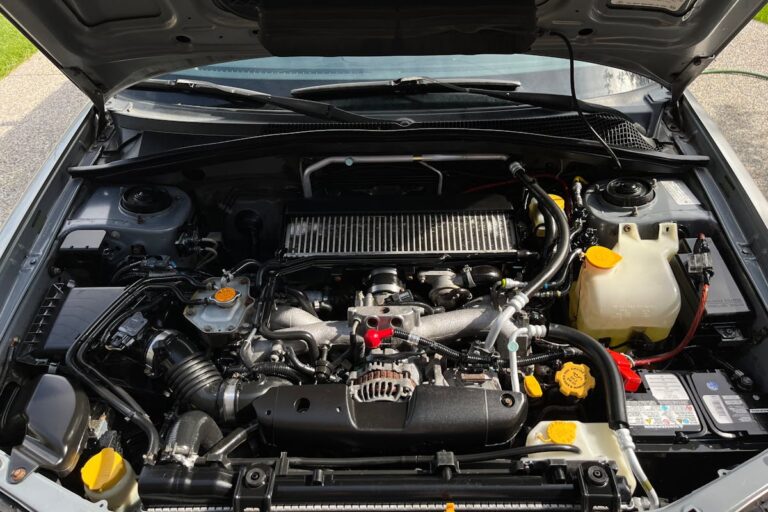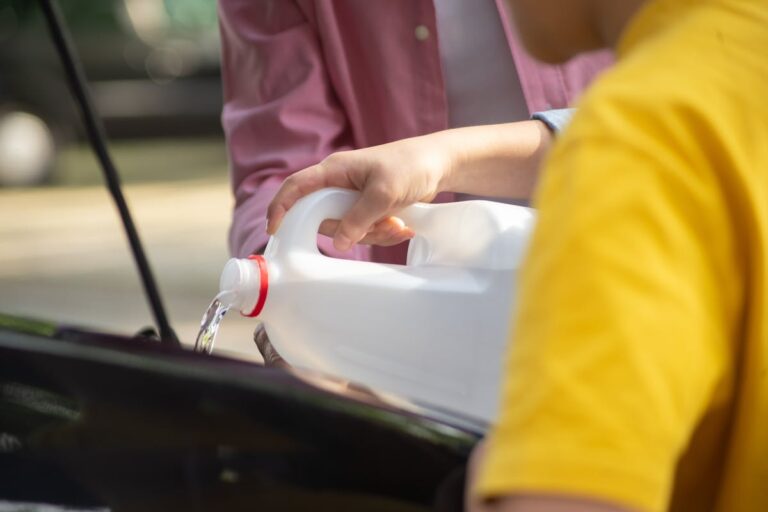How to Get Rid of Rats That Live in Your Car
Dealing with rats in your car is a common issue that can lead to serious damage if ignored. These unwelcome creatures might chew on wires or damage interiors. To protect your vehicle, start by looking for signs like droppings or gnaw marks. Use natural deterrents like peppermint oil or ultrasonic devices to keep them away. Taking action quickly is crucial to prevent costly repairs. Keep your car clean and avoid leaving food inside, as this attracts rats. By understanding the problem and acting swiftly, you can safeguard your car from these furry invaders.
Identifying Signs of Rat Infestation in Your Car
Rats in your car can lead to big problems. Check for rat droppings under the hood or in the trunk; these tiny, dark pellets mean you have unwanted visitors.
Listen for scratching or squeaking sounds when the car is parked. Rats build nests using shredded materials, so look for chewed-up insulation or upholstery. Gnaw marks on wires or plastic parts can cause serious damage.
A musty odor inside the car might also signal their presence. If you notice any of these signs, it’s crucial to act quickly to remove the rats and prevent further issues.
Understanding Why Rats Are Attracted to Vehicles
Rats are drawn to vehicles for warmth, protection, and food. When a car is driven, the engine stays warm for a while, providing a cozy spot for rats, especially in colder months.
Cars also offer shelter from predators and bad weather, making them feel safe.
Food scents and crumbs left in vehicles are irresistible to rats. They also chew on wiring and insulation, which helps manage their teeth growth.
To prevent rats from infesting your vehicle, keep it clean, remove food remnants, and check for signs of nesting. Regular maintenance can help deter these unwanted guests.
Cleaning and Decluttering Your Car Interior
To keep rats out of your car, start by cleaning and decluttering the interior. Remove all trash, food wrappers, and anything edible, as rodents are drawn to crumbs and food residues. Vacuum the seats and carpets, focusing on areas like under the seats and crevices where leftovers might hide.
Next, clear out unnecessary items like papers, shopping bags, and extra clothes, as clutter provides hiding and nesting spots for rats. Use airtight containers for essential items.
Finally, wipe down all surfaces with a mild disinfectant to remove scents that could attract pests. Regular maintenance makes your car less inviting to rats.
Utilizing Natural Repellents and Deterrents
To keep rats away from your car, use natural repellents. Essential oils like peppermint or eucalyptus have strong scents that effectively deter rodents.
You can also place mint leaves or cloves in specific areas to make your car less inviting to these pests. Using natural repellents is a proactive way to protect your vehicle and maintain a rodent-free environment.

Essential Oil Options
Natural Ways to Keep Rats Out of Your Car: Essential Oils
Looking for a natural solution to prevent rats from invading your car? Essential oils might just be the answer. Peppermint oil, with its strong smell, is unpleasant to rats. Soak cotton balls in peppermint oil and place them in your car, especially near entry points and the engine compartment.
Clove oil is another great option—its scent is also disliked by rats. Simply put a few drops on cotton balls. Remember to refresh the cotton balls regularly to maintain effectiveness. These methods offer a natural way to deter rodents, though they’re not foolproof.
Plant-Based Solutions
To keep rats out of your car, try using plant-based repellents. Start with peppermint plants; their strong scent deters rodents. Place peppermint pots around your parking area or crush some leaves inside your car.
Cloves and garlic also work well, as their odors are unpleasant to rats. Simply place them around the engine bay and under seats. Additionally, scatter camphor and eucalyptus leaves in your car. Regularly renew these natural solutions to maintain their effectiveness. These methods are eco-friendly and safe for pets and humans, making them a great choice for rodent prevention.
Sealing Entry Points to Prevent Re-entry
To stop rats from coming back to your vehicle, check for gaps they might use to get inside. Focus on areas around the engine, wheel wells, and undercarriage.
After identifying these entry points, block them using steel wool, which is effective because rats can’t chew through it. This simple step can keep your vehicle rat-free.
Inspect Vehicle Gaps
To keep rats out of your car, inspect it for gaps where they might enter. Check under the hood, around wheel wells, and near the exhaust system. Rats can fit through small spaces, so closely examine cracks or openings, especially around air vents and wires. Use a flashlight for hard-to-see areas.
Once you find these entry points, plan to seal them. By inspecting and sealing these gaps, you protect your car from rats and maintain a cleaner, safer vehicle.
Utilize Steel Wool
To keep rats out of your car, use steel wool to block their entry points. Rats can squeeze through tiny gaps, so it’s crucial to seal these access routes. Check for holes or openings in the car’s body, undercarriage, or engine compartment. Steel wool works well because rats can’t chew through it, making it a strong deterrent.
Pack steel wool snugly into gaps, focusing on air vents and cable entries. Steel wool doesn’t rust, so it’s durable for long-term use. By sealing these points, you prevent rats from returning and causing more damage.
Professional Pest Control Solutions
If you have a rat infestation in your car, calling professional pest control is often the best solution. These experts know how to assess the situation and use targeted methods to remove the rats effectively. They’ve special tools and products not available to the public, ensuring a thorough and safe process. Hiring them can save you time and prevent damage to your car.
Benefits of Professional Pest Control:
- Accurate Assessment: Experts can determine how severe the infestation is.
- Advanced Tools: They use equipment you can’t get yourself.
- Safe Solutions: Eco-friendly products keep your car safe.
- Guaranteed Results: Follow-up visits ensure all pests are gone.
Frequently Asked Questions
Extensive insurance often covers such damages, but it’s essential to verify rodent coverage with your insurance provider directly.
Rats infesting cars is not solely dependent on vehicle age or cleanliness. They are attracted to warm, sheltered spaces and food sources. Regular vehicle maintenance and cleanliness can help deter these pests, but it’s not guaranteed.
es, a rat infestation can greatly affect your car’s resale value. Rat damage, including chewed wires and upholstery, leads to functional and aesthetic issues that potential buyers may find off-putting, thereby lowering your car’s market appeal.
To deter rats from your car during outdoor parking, employ strategic car maintenance tips. Regularly clean your car, avoid food storage, and use rodent deterrents. Also consider ultrasonic devices for effective rodent repulsion.
No specific car types are more susceptible to rat infestation. However, vehicle design and car materials, especially those containing plant-based wiring, can potentially attract rodents, making these vehicles more vulnerable to infestation and subsequent damage.






